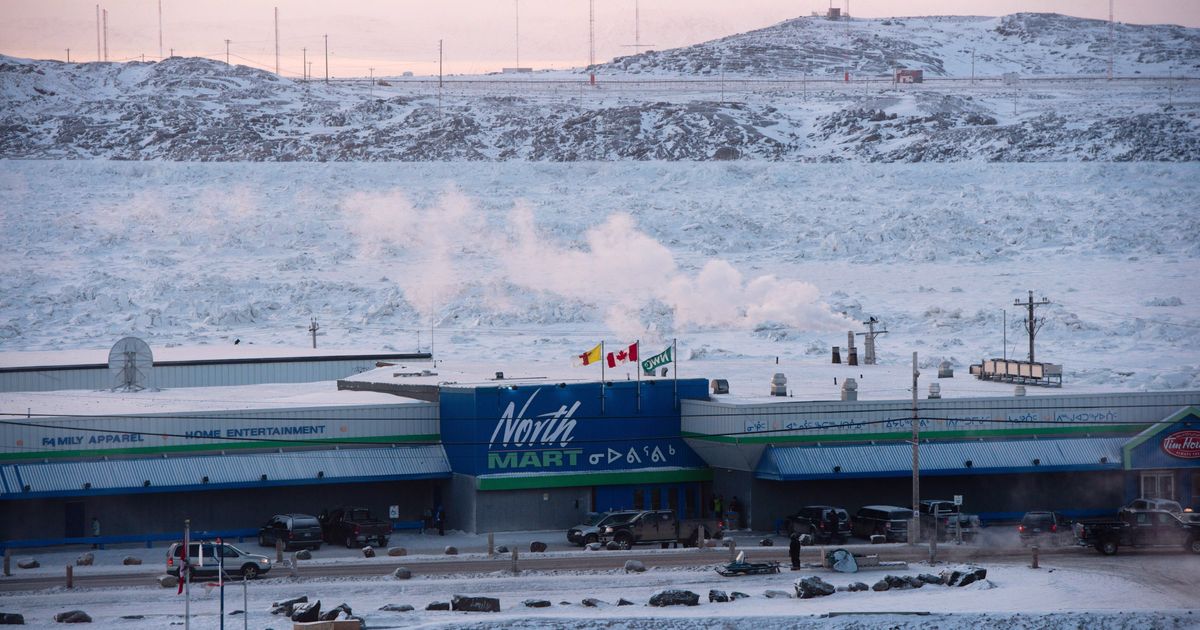Ottawa strengthens food security in Northern communities
December 19, 2022

A grocery store is pictured in Iqaluit, Nunavut on Tuesday, Dec. 9, 2014.THE CANADIAN PRESS/SEAN KILPATRICK
Minister of Agriculture and Agri-Food, Marie-Claude Bibeau, announced support for up to 79 new projects across Canada that promote food security in Indigenous, remote and Northern communities under the fourth phase of the Local Food Infrastructure Fund (LFIF)
Canada Newswire
These community-led projects aim to have an immediate and long-lasting impact on food systems in communities that are experiencing the highest food insecurity, by improving processing, production and distribution capacity at the local level.
In total, up to $19.5 million will be invested, with between $100,000 and $500,000 per project. Of the 79 projects announced today, 56 are Indigenous-led, totaling up to $15.1 million.
“Indigenous, remote and Northern communities are particularly vulnerable because of the higher cost of living and other geographic, social and economic factors”
Posted in Politics & Science












